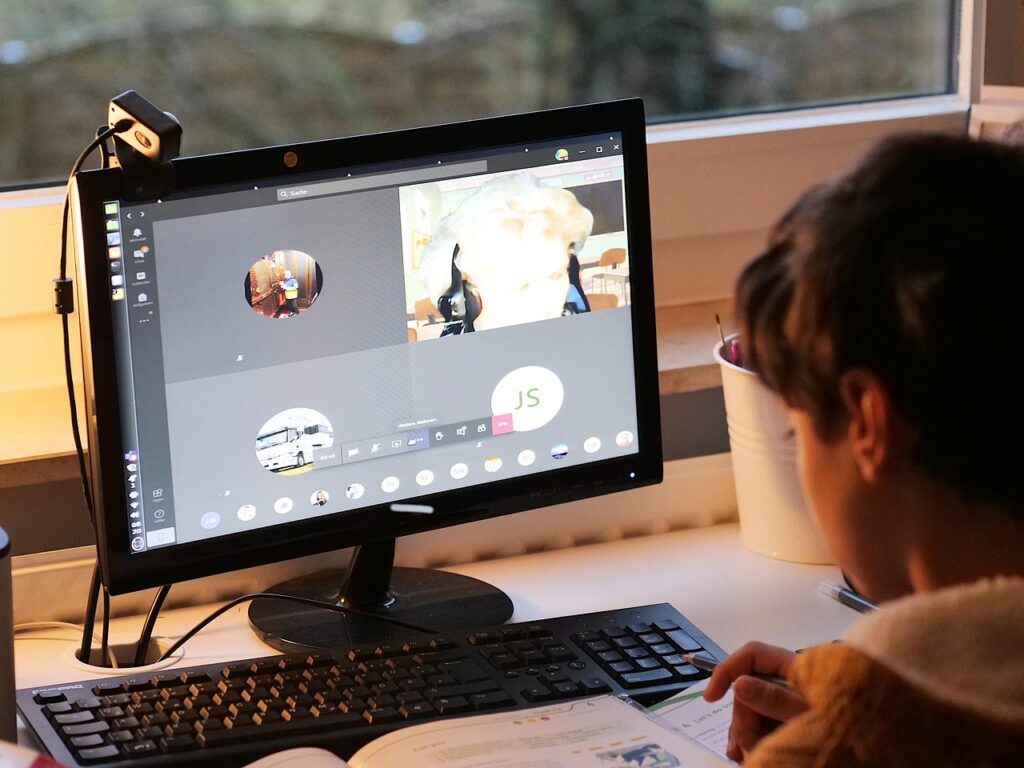Introduction
Imagine success is not defined by that degree or job title alone but by how much you continue to learn and grow. That’s the message of lifelong learning. In such a fast-evolving world, staying relevant and growing isn’t about the acquisition of one thing alone; rather, it’s about only one thing: continuous learning.
The Changing Nature of Success:
Success in the Modern World
Success in today’s world is a moving target. The skills you mastered ten years ago may not have a dime’s worth of value. Industries change, technology disrupts, and global events reshape economies. Today, success depends on your adaptability and ability to reinvent yourself.
Adaptability is important.
Adaptability is the secret sauce. Not to know but to learn knowing, unlearning, and relearning to better cope with career shifts and any form of unexpected challenges.
What is Lifelong Learning?

Understanding the Concept
Lifelong learning refers to a mindset—a commitment toward permanently acquiring knowledge, skills, and competencies. The kind of learning is not bound to formal education; it rather takes personal interests, hobbies, and professional development into account.
Different Forms of Lifelong Learning
- Formal Learning: Acquisition of degrees, certifications, and formal courses.
- Informal Learning: Reading books, attending workshops, or browsing the internet.
- Social Learning: Acquiring knowledge from other people through networking and relationships.
Benefits of Lifelong Learning
Self-Improvement
Lifelong learning helps in self-discovery and boosts self-esteem. The study of new topics opens the mind to new ideas and increases creativity and critical thinking.
Career Development
Learning continuously is a career booster. Employers admire people who take the initiative to learn and develop.
Mental Health Benefits
Learning keeps the brain in action and prevents cognitive degradation. It provides a sense of direction to prevent stagnation.
Lifelong Learning and Technology
Role of Technology in Lifelong Learning
Technology has democratized learning. Quality education from anywhere is now possible with the help of Coursera, Khan Academy, and LinkedIn Learning.
Online Self-Improvement Resources
From podcasts to webinars, the internet is a treasure trove for learners. These resources equip people to learn at their own pace.
How to Adopt Lifelong Learning
Curiosity
Curiosity is the fuel for learning. Ask questions, seek answers, and never stop wondering.
Resource discovery
Books, online courses, community classes, and mentorship are just the beginning. Explore and experiment to find what works for you.
Lifelong Learning in the Workplace

Upskilling Importance
Staying ahead in one’s career requires constant upskilling. Upskilling gives an individual a secure job and new avenues of opportunities.
Case Studies of Successful Professionals
In the world of technology, experts like Elon Musk say constant learning is the foundation of their success.
Role of Education Systems
Promote a Culture of Learning
Education systems must change so that there is a habit of lifelong learning developed at a young age. This is learning how to learn, not just what to learn.
From Degree-Centric to Skill-Centric Learning
This transition is opening doors to future-fit individuals.
Obstacles to Lifelong Learning
Shared Barriers Encountered
The barriers of time, money, and willpower can block one’s success.
Solutions and Strategies
Give time for learning, make use of free resources, and set attainable goals.
Success Stories of Lifelong Learners
From entrepreneurs to teachers, the list continues as proof of the idea that continuous learning never really ends. It is a never-ending journey without a stop. Examples are Oprah Winfrey’s relentless curiosity and Bill Gates’s habit of reading.
The Link Between Learning and Happiness
Learning keeps the spice of life. How to avoid boredom: At least people can have fulfilling personal lives.
Global Perspective on Lifelong Learning
Various cultures stress continuously as Scandinavian countries support lifelong learning through government initiatives.
Tools and Resources for Lifelong Learning

Check out apps for languages like Duolingo, creative skills on Skillshare, and Udemy, which has all sorts of skills.
Future of Lifelong Learning
AI-driven adaptive learning platforms and virtual reality are set to revolutionize how we learn.
Conclusion
Lifelong learning isn’t just a concept; it’s a lifestyle. It’s the key to unlocking personal and professional success in an ever-changing world.
FAQs
What is lifelong learning?
Lifelong learning is the continuous pursuit of knowledge and skills throughout one’s life.
Why is lifelong learning important?
It makes people relevant, grows personally and professionally, and equips them to change.
How do I begin lifelong learning?
Start with what you like, identify accessible resources, and get into the habit of continuous learning.
What are the top resources for lifelong learning?
Start online with Coursera, Khan Academy, and Skillshare.
How does lifelong learning impact mental health?
Improves cognitive functioning, gives life a purpose, and fights stagnation.
Read More Artical AptSteep.Com

